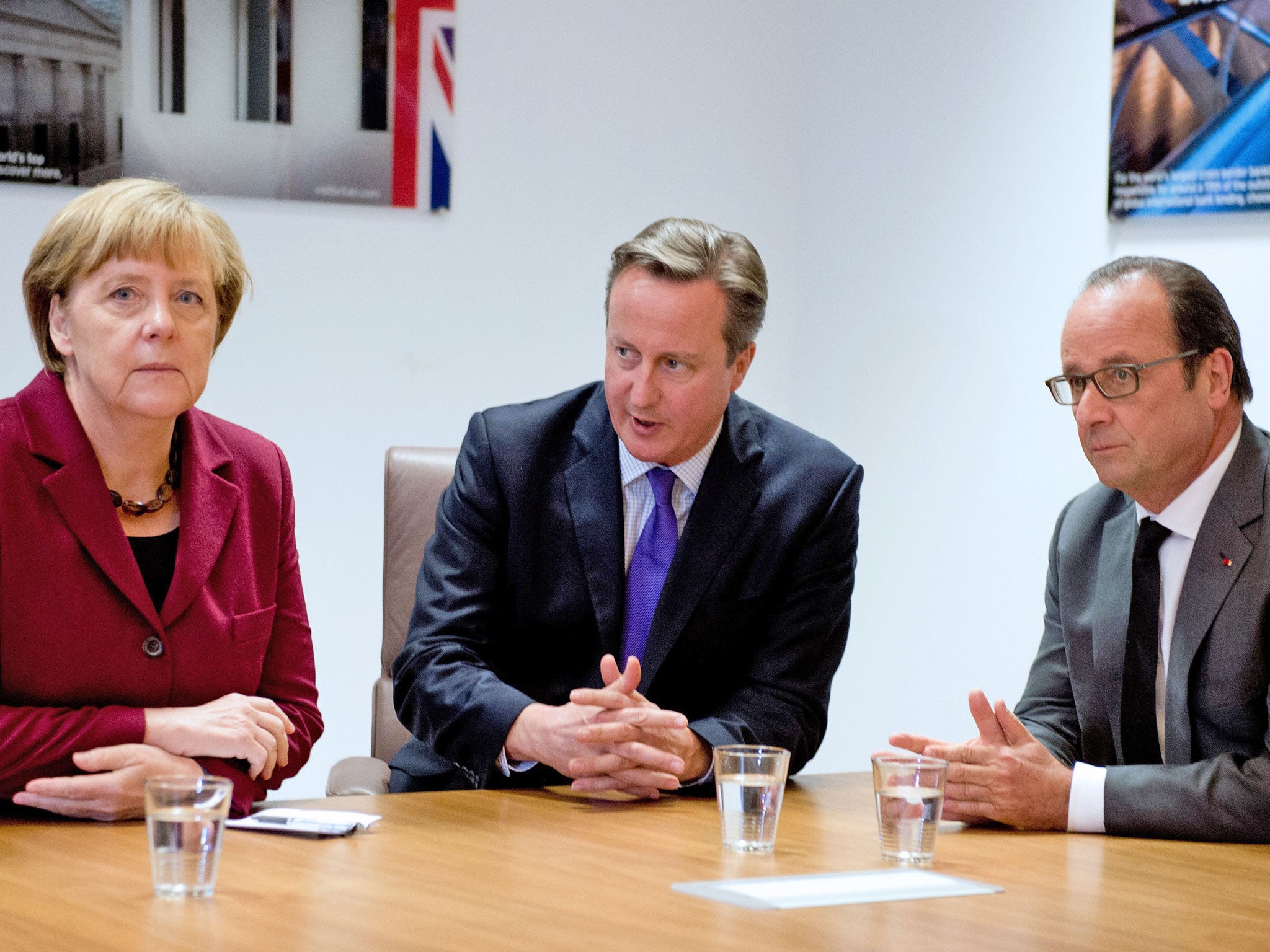Powerful people are terrible at cooperating, study shows
Decision-making becomes more difficult when many high-powered people are involved

Your support helps us to tell the story
From reproductive rights to climate change to Big Tech, The Independent is on the ground when the story is developing. Whether it's investigating the financials of Elon Musk's pro-Trump PAC or producing our latest documentary, 'The A Word', which shines a light on the American women fighting for reproductive rights, we know how important it is to parse out the facts from the messaging.
At such a critical moment in US history, we need reporters on the ground. Your donation allows us to keep sending journalists to speak to both sides of the story.
The Independent is trusted by Americans across the entire political spectrum. And unlike many other quality news outlets, we choose not to lock Americans out of our reporting and analysis with paywalls. We believe quality journalism should be available to everyone, paid for by those who can afford it.
Your support makes all the difference.Get enough powerful people together in a room and you’d think they would get things done.
Think again. A study has revealed that decision-making becomes more difficult when many high-powered people are involved.
Powerful individuals performed worse in a group of equals than when they were collaborating with people less powerful than them, according to research from the Hass School of Business at the University of California, Berkeley.
Researchers randomly assigned individuals positions of power in five studies. They looked at how the “high power” individuals performed and interacted when working with a subordinate, alone, in a low-powered team and with other leaders.
Power has been showed to give people more confidence in their decisions and better focus on completing tasks and reaching goals.
But that isn’t always useful in a group scenario, which requires people to put aside their personal goals and focus on cooperating and communicating with one another.
The research found that the more high-powered individuals present, the more a group struggled to complete a task.
That’s because leaders fought over their place within the group and were less focused on the task when working together.
They also had trouble sharing information with each other and were less likely to reach an agreement during a negotiation.
The research helps us understand the behaviour and performance, but also the failures of those in power, according to John Angus D. Hildreth, who authored the study.
“Interaction among the powerful is vulnerable to conflict and miscommunication which undermines their collective performance,” he said.
Join our commenting forum
Join thought-provoking conversations, follow other Independent readers and see their replies
Comments